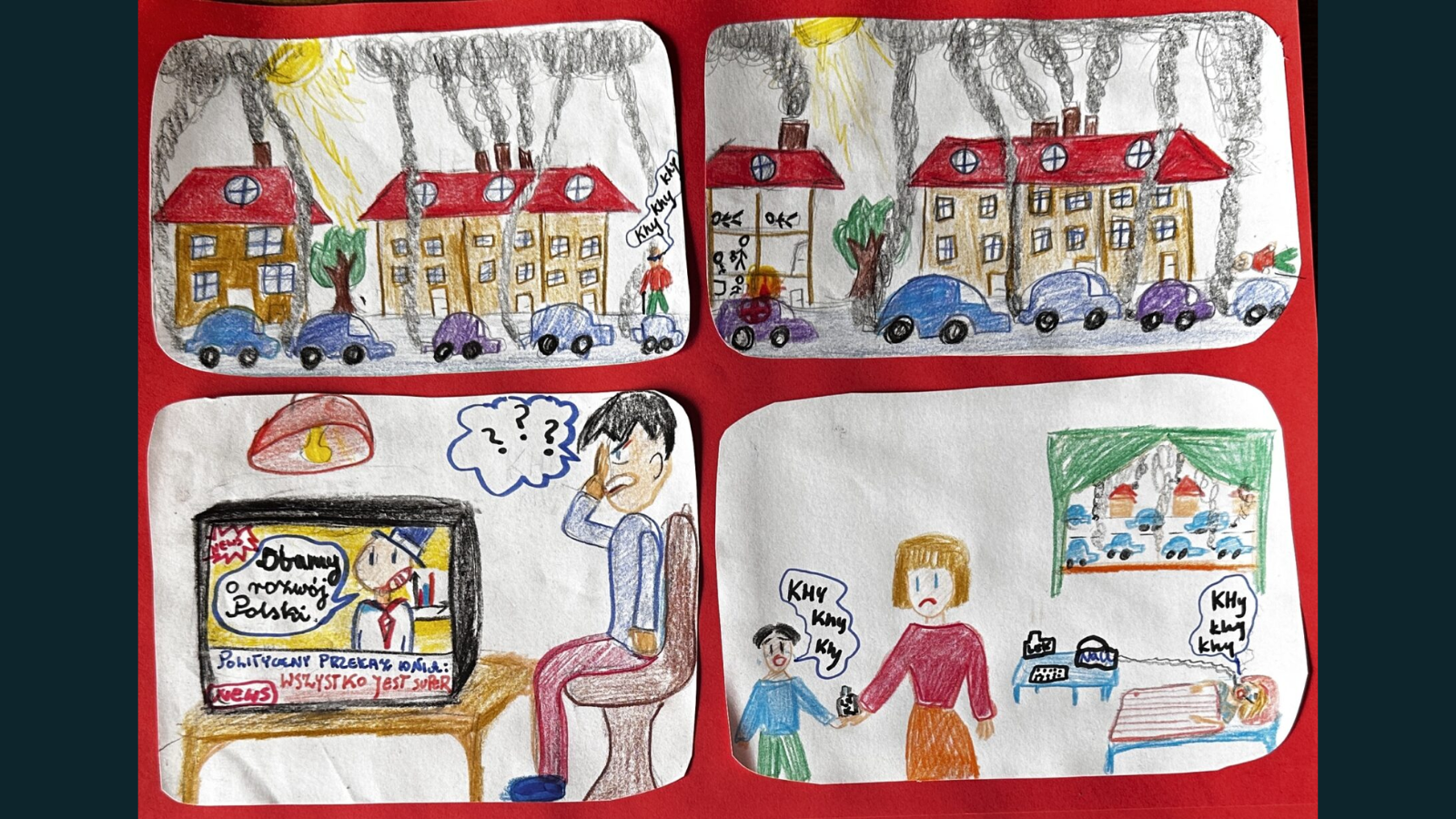As EU member states, regional and local authorities prepare to implement the revised Ambient Air Quality Directive (AAQD), this briefing by the Health and Environment Alliance (HEAL) argues that decision-makers and authorities should pay particular attention to addressing socio-economic inequalities in their clean air efforts. The swift transposition and implementation of the new rules, with strengthened administrative collaboration and the full utilisation of financial support schemes, promise significant progress towards cleaner air across Europe. Improved air quality will be beneficial to everyone and contribute to preventing health inequalities for those living in socioeconomically disadvantaged areas.
by Genon K. Jensen, Executive Director at HEAL
We hope that world leaders meeting in Madrid for climate negotiations at COP25 will agree on a bold climate emergency response. New evidence from the renowned Lancet Countdown underlines that climate change will profoundly affect the life of every child born today. But it’s not yet too late: by taking decisive, transformative action now, policy-makers and all of us can ensure that future generations grow up healthier.
The health and medical sector has a unique role to play in making swift decarbonisation a reality. This year will be the 10th year that a high-level HEAL delegation will bring health voices, evidence and demands to a COP climate gathering.
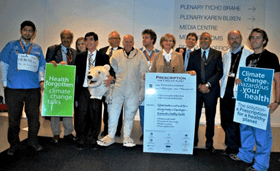
Today many are telling the story of the climate emergency, yet the actions proposed by the EU are nowhere near what is needed to stepping up to at least -65% in emissions reductions by 2030. An ambitious Green Deal proposal for climate and health next week could pave the way, as well as a productive outcome from the heads of state at COP.
How do we respond to this medical emergency of climate change? Dr. Richard Horton, Editor of the Lancet, has urged doctors and all health professionals to engage in “all kinds of non-violent social protest”, given that the climate emergency is the “most important existential threat affecting the human species”. Health leaders across the globe are increasing activities and naturally stepping up as front line workers. In London and Auckland, health professionals took part in direct actions as part of Extinction Rebellion and efforts to stop a coal mine.
In Europe, now is the for the health sector to step up action, as a new EU Commission has just taken office. Our message on climate action as the biggest opportunity to benefit health today, tomorrow and for future generations is powerful, and should be heard everywhere.
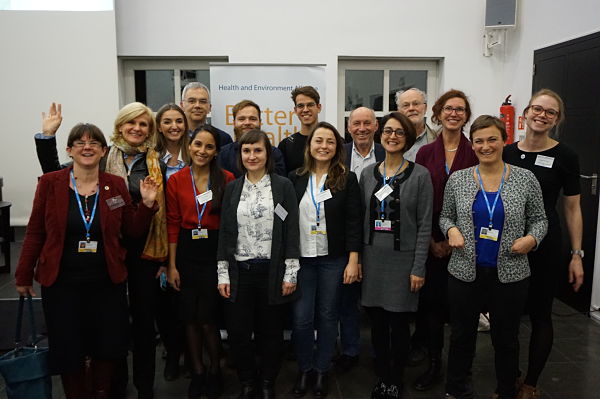
The HEAL delegation at COP25
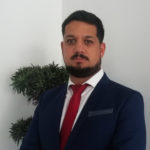
João Almeida holds a PhD in “Human Geography”, by the University of Coimbra, and a Master in “Integrated Management System – Quality, Environment and Safety at work” by the Polytechnic Institute of Cávado and Ave. Has a Bachelor in “Environmental Health” by Coimbra Health School of Polytechnic Institute of Coimbra (ESTeSC-IPC).
He is Associate Professor of Environmental Health, being currently the Director of the Environmental Health Department at ESTeSC-IPC and member of the Technical-Scientific Council at the same institution. He develops research in the area of Environmental and Occupational Health, with particular interest in ergonomics and infrasound and low frequency noise. He is the vice-president of the Portuguese Society of Environmental Health.
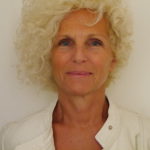
Geraldine Brun is an international consultant specialized in Public health, evaluation and humanitarian aid.
She is a board member of Médecins du Monde France involved in the international sector for Asia and Africa with a focus on climate change and health.
With a background covering various fields such as public health, health economics, health systems management, hospital expertise, she held positions at an institutional level (French Ministry of Health-1990-2004) and since 2005 at an international level. She mainly works in crisis and post crisis countries, in Africa and Asia for medical INGOs and for the United Nations.

Javier Ramirez holds a Master in Political Sciences and Sociology, Postgraduate Degree in Human Rights, with more than 20 years of experience as advocacy expert and social researcher in UNICEF, Development NGOs, European Development NGOs Networks and the Academia (Autonomous University of Madrid).
Currently Deputy Director of Advocacy and Communication at the International Network of Médecins du Monde. Former coordinator of an international program to implementing children rights at local level (Child Friendly Cities – UNICEF), former coordinator of an European Development NGOs Network promoting the right to health within the European Development Policies (Action for Global Health). Issues addressed: Human Rights, Right to Health, Global Health Policies, Community Intervention, Interculturality and Living Together, Children’s Rights and Education for Development.


